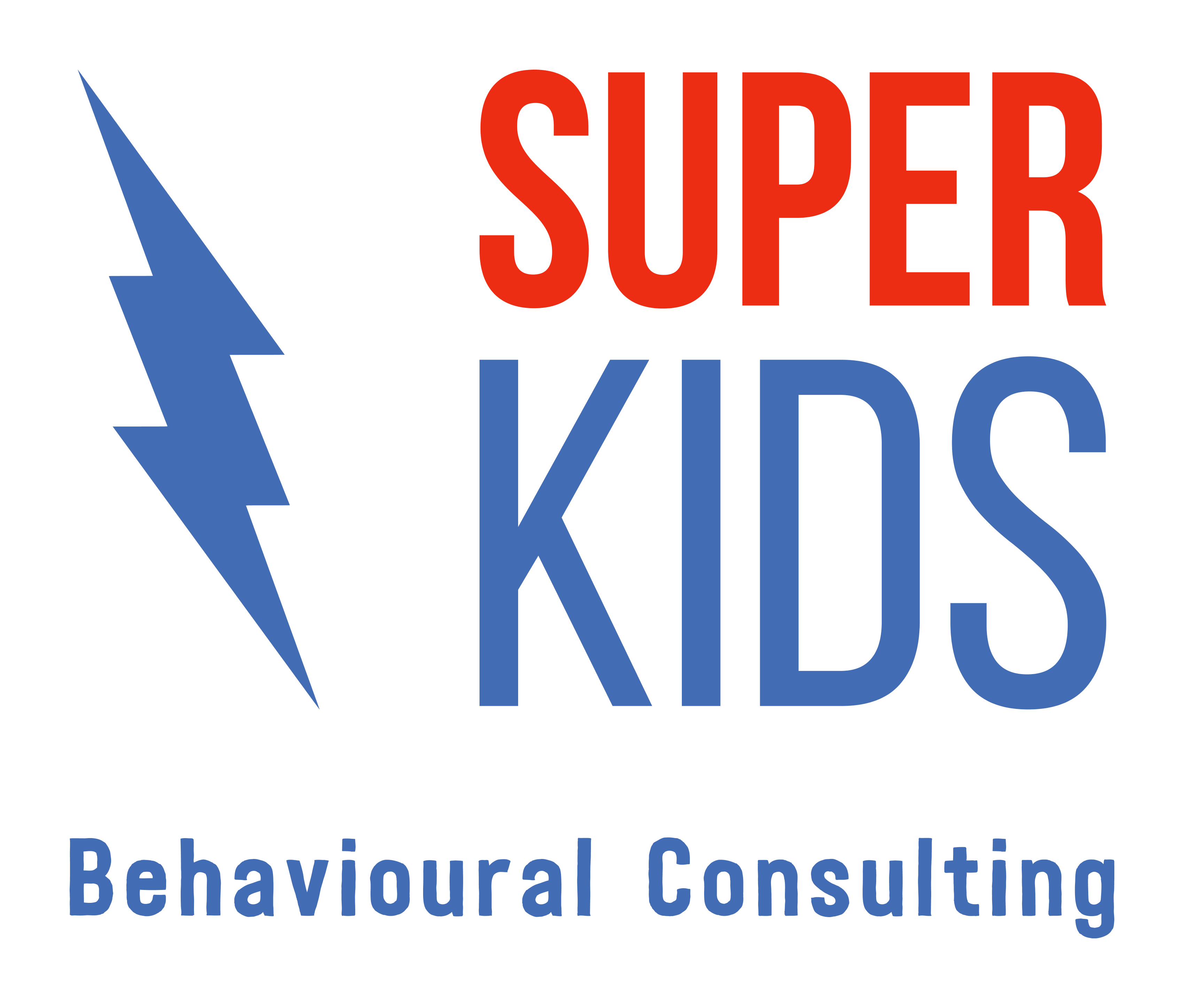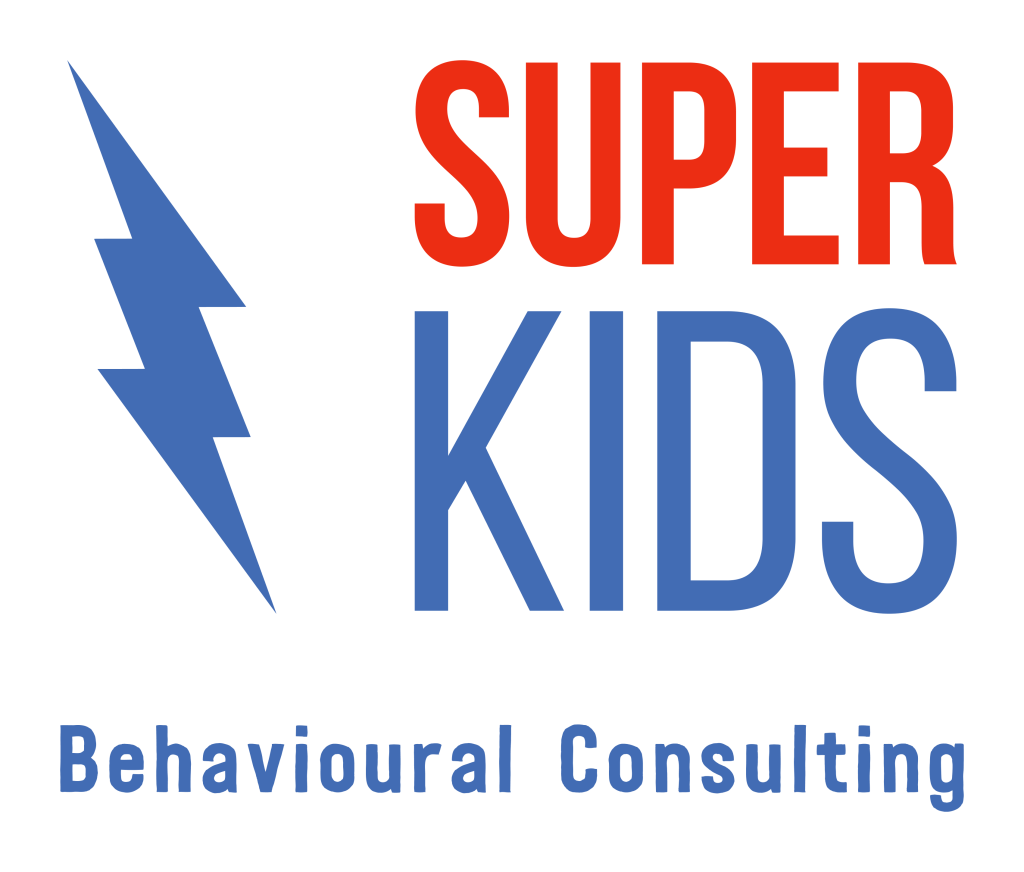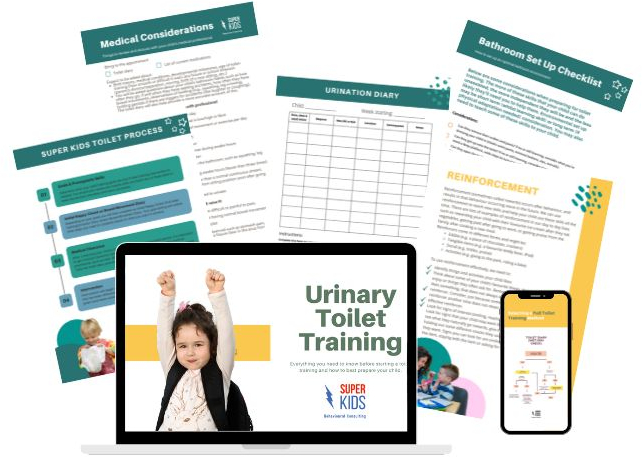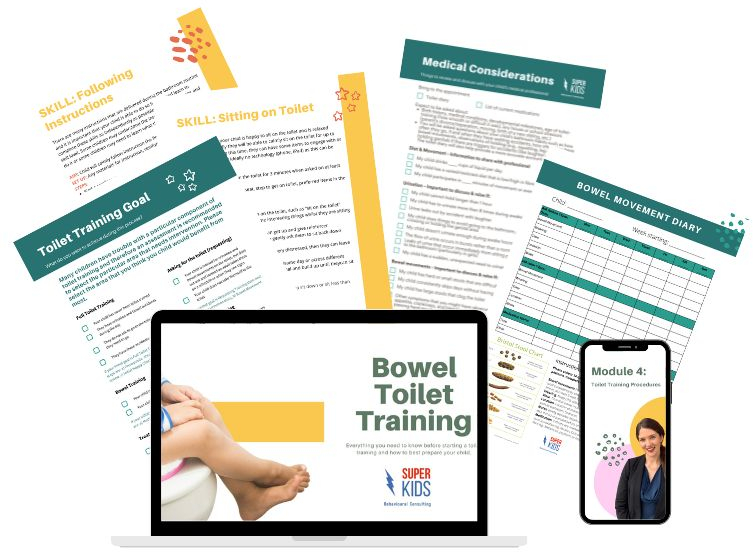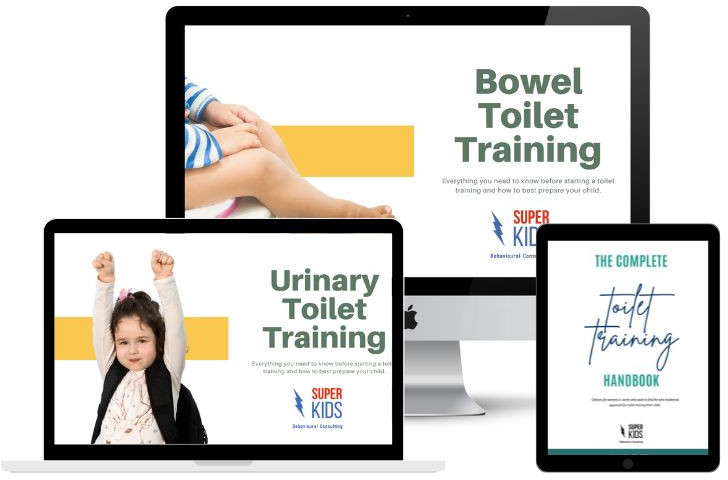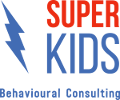Online Toilet Training Courses
No more nappies? Check out our Online Toilet Training Courses
The Super Kids Online Toilet Training Courses are designed to help your child wee and poo in the toilet! Check out our evidenced based, practical self-paced Toilet Training Courses for parents and carers. We offer different courses depending on your toilet training goal! We’re here to provide you with the knowledge, resources, and support you need to navigate this important milestone with confidence.
Our Super Kids Online Toilet Training Courses, have been designed to help parents and carers successfully guide their children through the process of toilet training. Whether you’re just starting out or have already begun the journey, our courses are tailored to meet your specific needs and address common concerns and difficulties that may arise along the way.
We believe that toilet training should be a positive and empowering experience for both children and parents. Our courses are based on evidence-based techniques and best practices. We will be providing you with the latest information and strategies to make the process as smooth and stress-free as possible. We understand that every child is unique, so our courses offer practical tips and customizable approaches that can be adapted to suit your child’s individual personality and development.
Our goal is to equip you with the knowledge and skills needed to confidently navigate the toilet training journey. We will celebrate your child’s accomplishments along the way! With our Online Toilet Training Courses, you can embark on this important milestone with the reassurance that you’re not alone and that we’re here to support you every step of the way.
If you’re unsure if this is what you’re looking for, or would like individualised support then you may also want to consider our individualised toilet training support plans. You can get more information about these services here.
CONTACT FORM
To find out more about Super Kids, please fill in the form below. Then we will be able to assist you with information about our programs, online courses and current waitlist status.
Super Kids acknowledges each individual’s personal preference to use identity-first or person-first language to describe themselves or their loved one. We interchangeably use both language conventions and therefore refer to both Autistic children and children with Autism.
